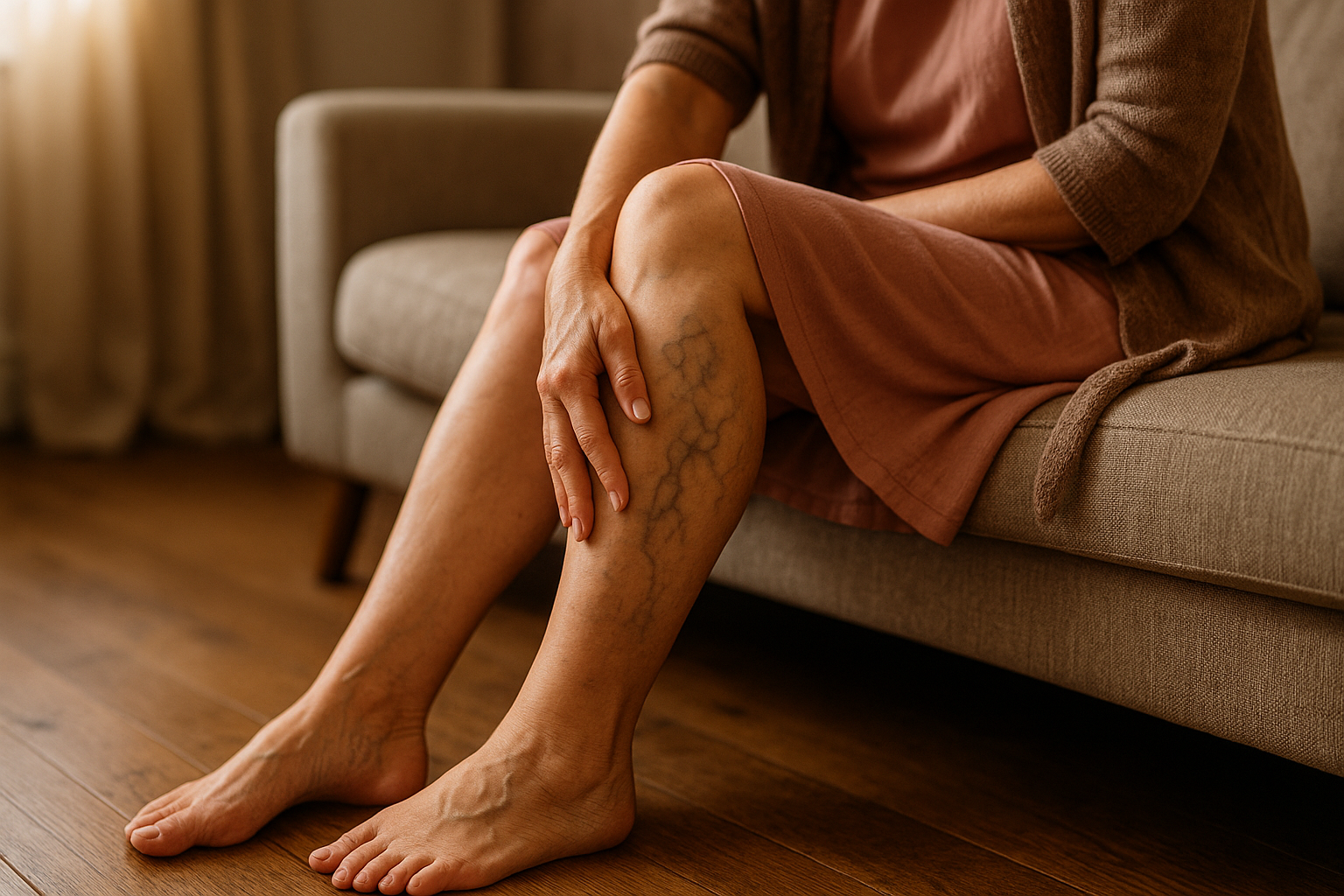
Since the beginning of the pandemic more than a year ago, the numbers of video consultations have skyrocketed: while just under 3,000 video consultations were carried out nationwide in 2019, there were almost 1.4 million in the first half of 2020. Many patients like the possibility of being able to contact their doctor via video consultations. This is the result of an online survey. At Natura Vitalis, the benefits of video consultations have been known for a long time.
Many trials show that companies, politicians, medical professionals and last but not least patients and consumers are interested in allowing more digitalisation in the health care system. Video consultation hours are not the least of these. In a video consultation, a secure and data-protection-compliant video-telephonic connection is established between doctor and patient. Only doctor and patient take part. The video consultation serves to advise the patient or to obtain a second opinion on a medical problem.
The German Association of Statutory Health Insurance Physicians (KBV) states: "Especially in the case of long journeys or after operations, telemedical services can be a useful aid, such as the video consultation. Doctors and psychotherapists can explain further treatment to their patients on screen, examine the healing process of an operation wound or hold a psychotherapeutic discussion. This way, patients don't have to come to the practice for every appointment." The organisation is very simple: the doctor or psychotherapist has to choose a certified video service provider who ensures a smooth and secure technical process of the video consultation. The practice and the patient essentially need a screen with a camera, microphone and loudspeaker as well as an internet connection. No additional software is required.
Telemedicine: Criticism of the central, nationwide electronic portal
However, it seems to be quite that simple again, as the trade portal "Handelsblatt Inside Digital Health" reports. The German Association of Digital Health Care (SVDGV) has criticised the plans for a central, nationwide electronic portal for the mediation of video consultations. Such a portal is planned in the draft bill for the Digital Care and Nursing Modernisation Act (DVPMG) and could lead to a "monopoly position", according to a position paper of the association, which is available to "Handelsblatt Inside Digital Health".
The background: due to the offers of the existing telemedicine providers, such a portal would furthermore be unnecessary. "At the very least, however, when setting up a central portal, it must be ensured that all existing providers can integrate their services directly and leanly into the portal, for example via open interfaces," it says. It must be guaranteed that all providers can offer appointments for video consultations automatically, voluntarily and without additional fees. The portal is to be set up by the National Association of Statutory Health Insurance Physicians (KBV).
According to the report, the manufacturers' association also demands equal remuneration for video consultations and on-site consultations. Currently, panel doctors have to accept reductions on the basic, insured and consultation flat rates for video consultations, depending on the specialist group. The SVDGV sees a further disadvantage in the fact that only 30 percent of all treatment cases in a quarter may be video consultations so that they can be billed. "Both the deductions and the percentage limit should be abolished," it says.
Dermatologists: Video consultations not always suitable
Dermatologists have also taken a concrete position on this issue. The Professional Association of German Dermatologists (BVDD) has published a guideline for teledermatology in cooperation with the German Dermatological Society (DDG). In it, specialists can inform themselves about the telemedical care of common skin diseases such as neurodermatitis or psoriasis, reports "Handelsblatt Inside Digital Health".
Based on scientific findings and expert experience, the guidelines recommend, for example, at what point in the therapy telemedical advice should be given. In the case of neurodermatitis and psoriasis, the initial diagnosis should not take place via video chat. On the other hand, telemedical follow-up is recommended. Initial diagnosis by means of artificial intelligence technology is also discouraged. The guideline was coordinated by Klaus Strömer, BVDD president, and Matthias Augustin, head of the Institute for Health Services Research in Dermatology and the Nursing Professions at Hamburg University Hospital.
Rapidly increasing number of video consultations
Despite all concerns, video consultations are booming. Since the beginning of the pandemic a year ago, the numbers have skyrocketed: while just under 3,000 video consultations were carried out nationwide in 2019, in the first half of 2020 there were almost 1.4 million. In the first quarter of 2020, around 203,000 video consultations were recorded, in the second quarter already 1.2 million. This is shown by a current analysis of the National Association of Statutory Health Insurance Physicians. According to the KBV, the number of doctors offering video consultation hours has also increased: In the second quarter of 2020, there were 31,397 and thus almost twice as many as in the previous quarter, where an enormous increase had already been registered. In contrast, there were only 168 nationwide in the fourth quarter of 2019.
Many patients like the possibility to contact their doctor via video consultation. This is the result of an online survey by the opinion research institute Statista, which was commissioned by the BKK umbrella organisation. According to the survey, 41 percent of respondents said that they would like to see video consultation hours as a permanent digital offer in health care.
Natura Vitalis has been aware of the benefits of video consultations for a very long time. The company is not only a leader in the field of high-quality natural vital substances, but also in the development of digital health offers. For more than four years, Natura Vitalis has been offering online consultations with experts from very different segments of the health industry. Viewers can follow this in a live stream and ask the expert their questions by email or telephone. In this way, viewers receive important health tips from anywhere in the world and also make themselves independent of fixed practice opening hours and appointments. On the Natura Vitalis Facebook page and YouTube channel, viewers can regularly find new live streams and all previously broadcast episodes.
* This text may contain translation errors as the translation was performed by an online translation tool.










